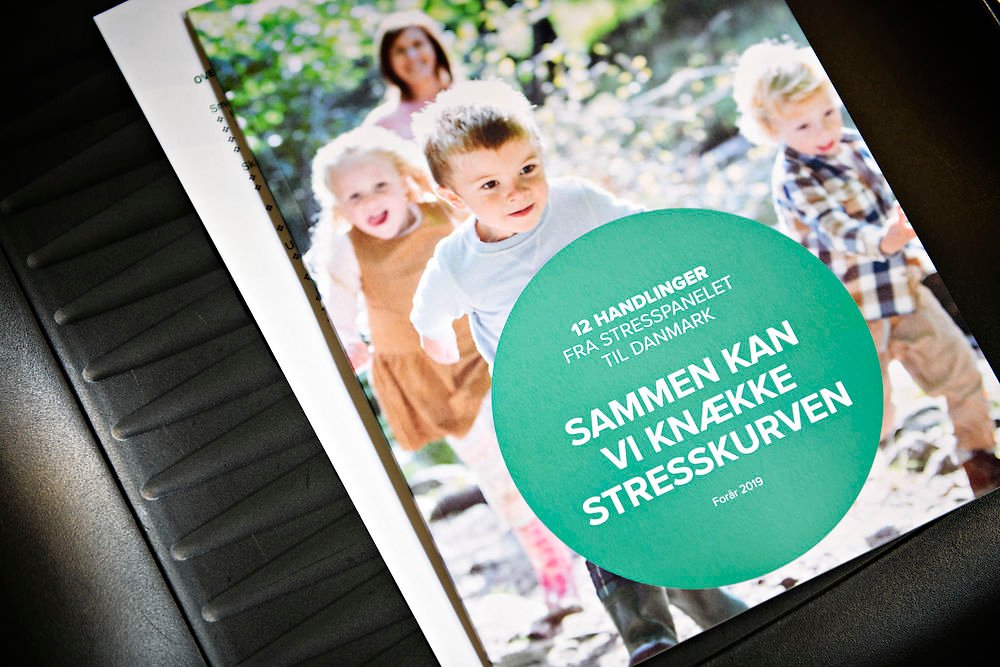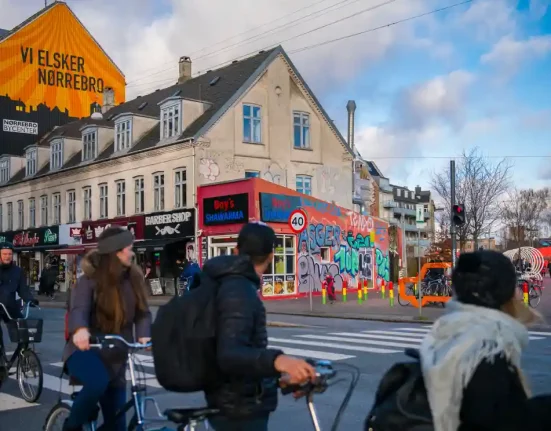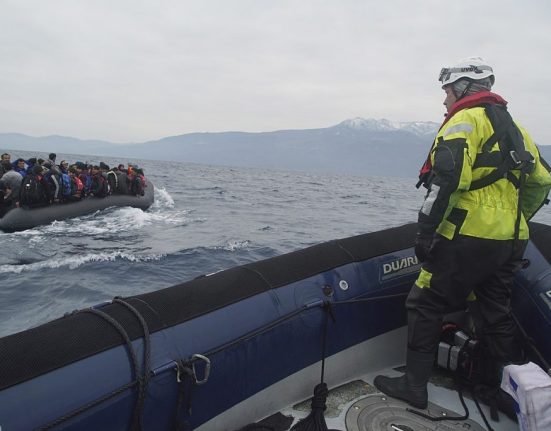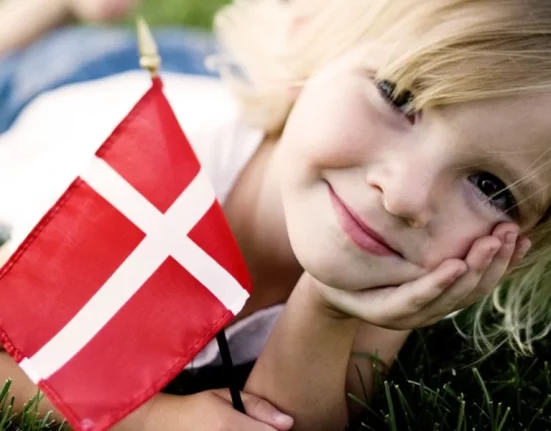Many youngsters and teenagers have had negative experiences with internet life. Every third kid and any other youngster has been subjected to digital crimes over the last year, and those that are alone or have a poor sense of well-being are particularly susceptible.
It depicts recent research performed by Rambll the Save the Children on kids and teenagers people’s perspectives with digital transgressions.
As per the children’s rights group, it is critical to guarantee that all children and teenagers can securely use the internet. It and other terrible encounters are part of being online nowadays for several kids and young people.
According to a new poll performed by Rambll for Save the Children on kids and young people’s perspectives with online violations, 34% of 9-12-year-old children – or one-third – say they had encountered anything terrible online in the last few years.
The same may be said for 48% of individuals between the ages of 13-17, or nearly every second of their lives. The combined proportion for children and young adults is 42%.
Sexual crimes are defined widely in the research and should be viewed as unpleasant online encounters of different intensity.
The research is typical of the age category is the first of its type since it reveals the scope of digital infractions in such a massive target range of young people, including those dissatisfied.
On the internet, students have a right to security and well-being
According to Janne Tynell, Deputy Secretary-General of Save the Children, the survey demonstrates the essential need to safeguard children and youth online.
The fact that many teenagers have been subjected to digital infringement is concerning, and we must know this is happening. And then do something about it.
Children and teenagers have the same right to safety and well-being digitally as they have outside. That is why, according to Janne Tynell, it is essential to make a concerted effort all around.
According to the new research, a specific effort is required for lonely and sad youngsters so that they may get support and guidance to navigate more securely online.
Maybe those youngsters have a more challenging difficulty talking to somebody about their adverse internet circumstances and asking for assistance, and as a result, we risk additional harming them.
Digital transgressions make you feel sick
Young people are affected by digital transgressions in a variety of ways. Some people suffer stomach pain (26%), whereas others sense lonely (18%) or condemn themselves.
According to Save the Children research, one in five people opt not to inform anybody about their bad experience.
Unknown adults approach every fourth person online
Every fourth individual has attempted to contact an adult they had not before met.
One-fourth of those that have witnessed it say the adult would converse or chat, and one-fifth say they sent them items they didn’t like, such as photographs.
Ane Lemche believes it’s an excellent reminder to families and other individuals from around youngsters that foreign adults, especially predators, have easy access to the kid’s room.








